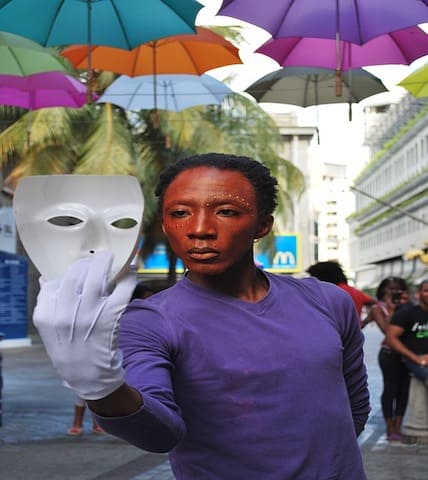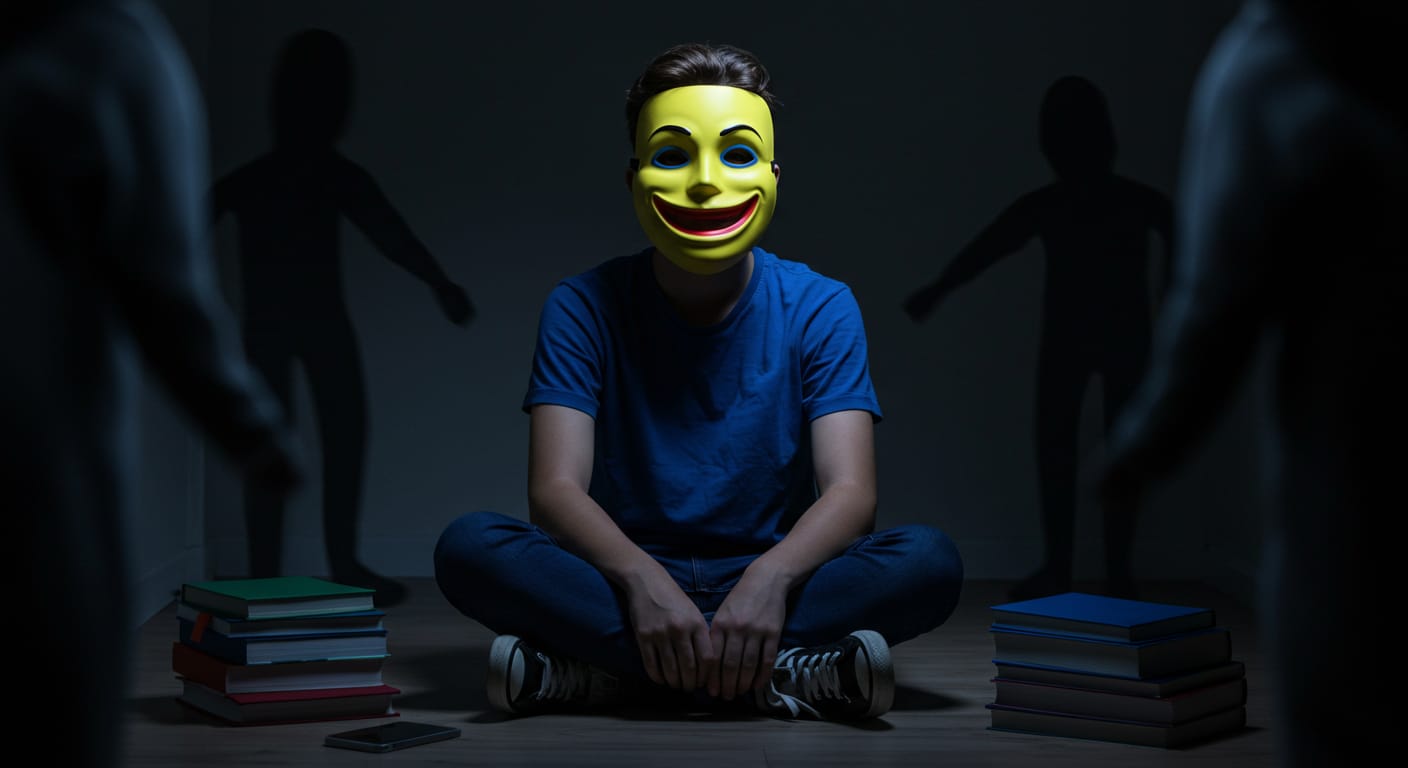Masked Depression
Masked depression—sometimes called smiling depression—can make an already complex mental health condition even more difficult to recognize. As author Patrick Rothfuss once said, “We all become what we pretend to be.” That’s especially true for teens who may appear cheerful or “normal” on the outside, while internally they’re drowning in emotional pain.
Smiling Through the Pain
Teens suffering from masked depression often hide their emotional distress behind a smile or a positive front. You might hear them say things like:
-
“I’m fine.”
-
“Just tired.”
-
“Nothing’s wrong.”
-
“I’ve got this.”
These responses aren’t just evasive—they’re protective. They’re armor teens use to avoid judgment, shame, or simply to spare others from worrying about them.
Depression in Disguise
Masked depression can also show up in other ways:
-
Addictive behaviors: Some teens may turn to substances, food, or online escapism to numb their pain.
-
Hyper-productivity: Others may keep themselves busy with school, sports, or extracurriculars to avoid thinking about their emotions.
-
Anger and irritability: In many teens—especially boys—depression doesn’t look like sadness; it looks like rage or rebellion.
And perhaps the most heartbreaking? Even the teen may not realize they’re struggling with depression. They tell themselves:
“It’s just a phase.”
“I’m just having a rough week.”
“There’s no way I’m depressed… I smile every day.”
Warning Signs of Masked Depression
While many symptoms overlap with typical depression (like sleep or appetite changes), masked depression has some unique characteristics:
-
Hidden self-harm: Cuts or bruises with vague explanations.
-
Desire for control: Disobedience or obsession with routine.
-
Seeking validation from toxic sources: Craving love or attention from people who don’t have their best interests at heart.
-
Unhealthy coping mechanisms: Excessive gaming, binge eating, risky behavior, or emotional withdrawal.
-
Overcompensation: Going “above and beyond” to appear happy, put-together, or perfect.
Beneath the Surface
Teens battling masked depression may be high-achievers, social butterflies, or even the class clown. But inside, they feel empty, exhausted, angry, or unloved. What they really want—even if they don’t show it—is connection, safety, and acceptance.
What Parents and Caregivers Can Do
It can be hard to see past the mask, but your support matters more than you know. Here’s how to help:
-
Listen closely. Pay attention to what they say—and what they don’t.
-
Watch for behavior changes. A drop in grades, sleeping too much or too little, irritability, or new friend groups might signal something deeper.
-
Don’t brush things off. If they’re acting “different,” don’t assume it’s just puberty.
-
Get professional help. A therapist or counselor trained in adolescent mental health can make a huge difference—especially when teens don’t want to open up to family.
-
Lead with love, not interrogation. Be patient, consistent, and affirming.
Unmasking Healing
Masked depression is not a phase—it’s a real mental health issue that demands compassion, awareness, and action. If you’re a parent, teacher, or loved one, you play a powerful role in breaking through the facade.
Behind every forced smile could be a silent cry for help. Don’t wait for the mask to fall—reach out, ask, listen, and guide them to the help they deserve.


